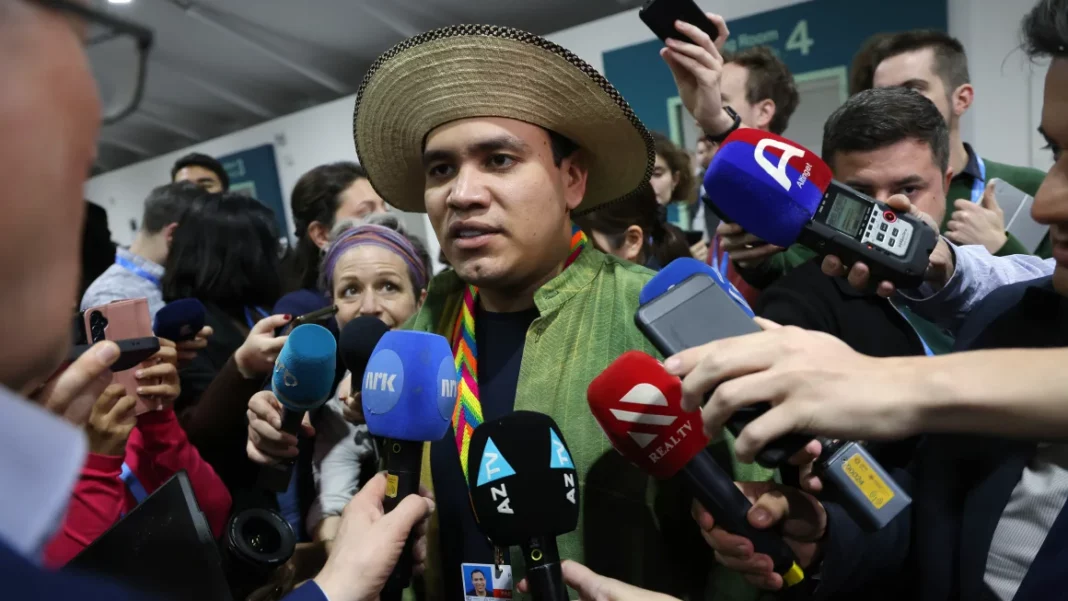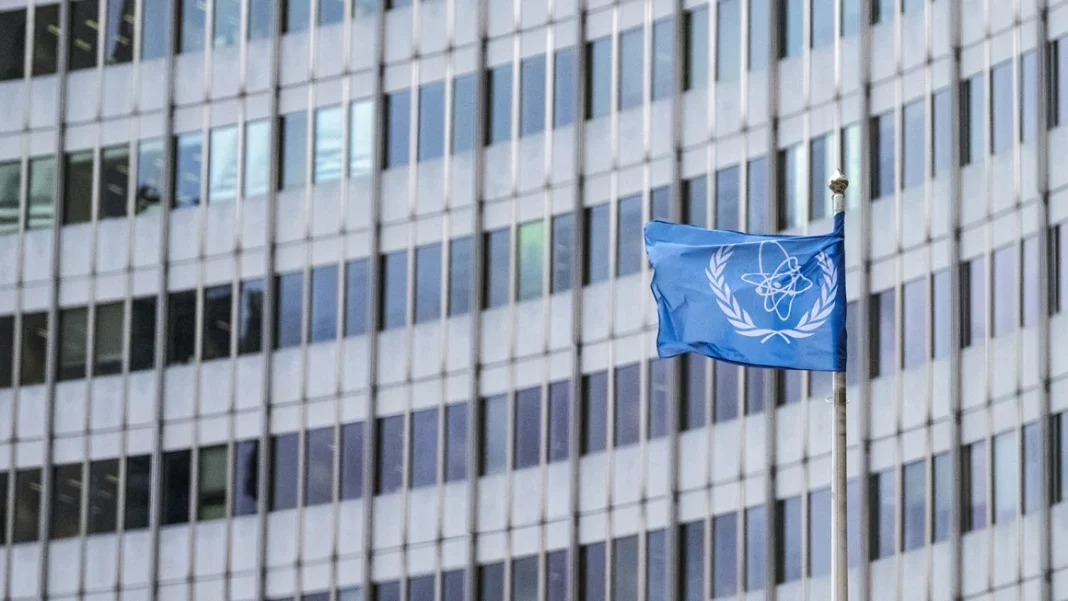As nerves frayed and the clock ticked, negotiators from rich and poor nations were huddled in one room Saturday during overtime United Nations climate talks to try to hash out an elusive deal on money for developing countries to curb and adapt to climate change.
But the rough draft of a new proposal circulating in that room was getting soundly rejected, especially by African nations and small island states, according to messages relayed from inside. Then a group of negotiators from the Least Developed Countries bloc and the Alliance of Small Island States walked out because they didn’t want to engage with the rough draft
The “current deal is unacceptable for us. We need to speak to other developing countries and decide what to do,” Evans Njewa, the chair of the LDC group, said. When asked if the walkout was a protest, Colombia environment minister Susana Mohamed told The Associated Press: “I would call this dissatisfaction, (we are) highly dissatisfied.”
With tensions high, climate activists heckled United States climate envoy John Podesta as he left the meeting room. They accused the US of not paying its fair share and having “a legacy of burning up the planet.”
The last official draft on Friday pledged $250 billion annually by 2035, more than double the previous goal of $100 billion set 15 years ago but far short of the annual $1 trillion-plus that experts say is needed. The rough draft discussed on Saturday was for $300 billion in climate finance, sources told AP.
Accusations of a war of attrition
Developing countries accused the rich of trying to get their way — and a small financial aid package — via a war of attrition. And small island nations, particularly vulnerable to climate change’s worsening impacts, accused the host country presidency of ignoring them for the entire two weeks.
After bidding one of his suitcase-lugging delegation colleagues goodbye and watching the contingent of about 20 enter the meeting room for the European Union, Panama chief negotiator Juan Carlos Monterrey Gomez had enough.
“Every minute that passes we are going to just keep getting weaker and weaker and weaker. They don’t have that issue. They have massive delegations,” Gomez said. “This is what they always do. They break us at the last minute. You know, they push it and push it and push it until our negotiators leave. Until we’re tired, until we’re delusional from not eating, from not sleeping.”





